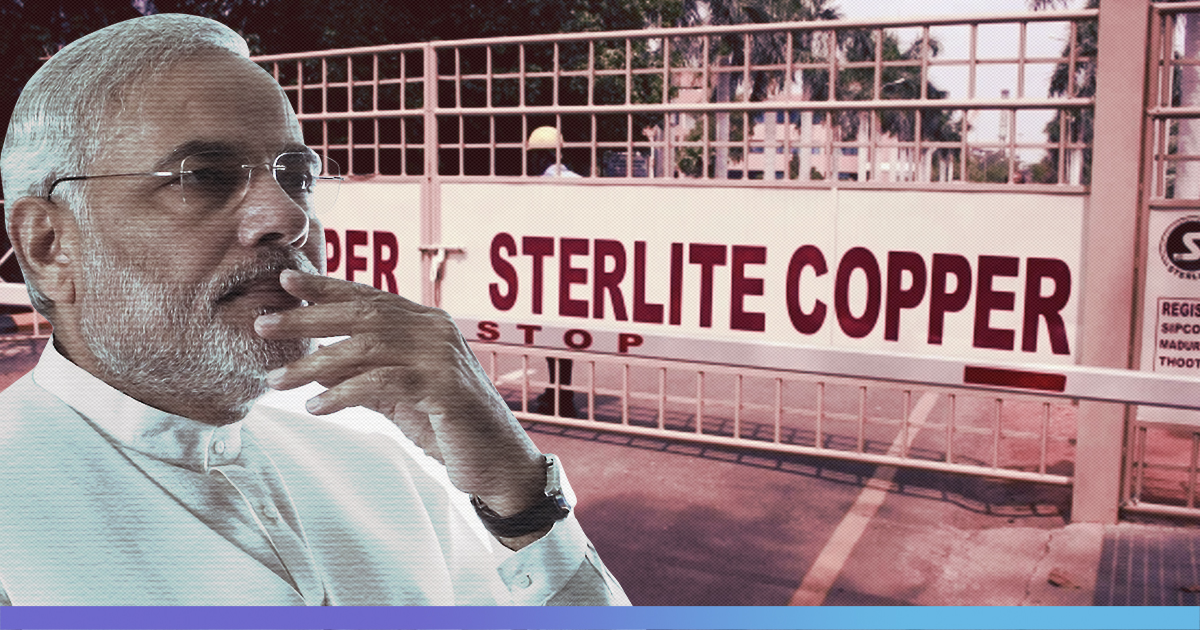
India Becomes Net Importer Of Copper After 18 Years: Care Ratings
26 Oct 2019 7:48 AM GMT
For the first time in 18 years, India became a net importer of copper in 2018-19 as the closure of Vedanta’s copper smelter plant in Tuticorin in Tamil Nadu reduced more than 46 per cent of the country’s copper production, as per a research report by Care Ratings.
As a result, imports of refined copper touched Rs 14,000 crore last year.
“India used to be the net exporter of copper cathodes till FY18. Now with the closure of the Tuticorin smelter, the drop in domestic production has led to the domino effect of increasing the country’s imports and decreasing its exports. India has become a net importer of refined copper after 18 years,” Care Ratings has said.
During FY2018-19, exports dipped by 87.4 per cent, whereas imports rose by 131.2 per cent, the agency said.
India imported refined copper from Japan, Congo, Singapore, Chile, Tanzania, the UAE and South Africa and exported refined copper to China, Taiwan, Malaysia, South Korea and Bangladesh during 2018-19.
Share of exports towards China has increased from 63 per cent in 2017-18 to 75 per cent in 2018-19. The share of imports from Japan has increased from 68 per cent in FY2017-18 to 71 per cent in FY2018-19. India has emerged as an importer of copper ore and concentrates, and imports nearly 90 per cent of the requirements due to the lack of copper mines in the country.
India’s domestic production of refined copper grew at 9.6 per cent between 2013-14 and 2017-18. But with the closure of Sterlite’s four lakh-tonne copper plant in Tuticorin, output fell by 46 per cent during the year 2018-19 as Sterlite accounted for 40 per cent of the country’s copper smelting capacity.
Import of copper ore and concentrates fell by 44.6 per cent in the last fiscal year due to lack of requirement from the Tuticorin smelter.
The Tamil Nadu government in May last year ordered permanent shutdown of the copper smelter after protests at the plant in Tuticorin compelled the police to open fire on demonstrators.
Until last year, with a total capacity of around eight lakh tonnes shared primarily between Hindalco and Vedanta, the country was the net exporter of the metal that has a large scale utilisation in the electrical industry, followed by building and construction and transport industries.
Also Read: Remembering Tuticorin Firings: City Mourns Victims Of Anti-Sterlite Protests
 All section
All section













